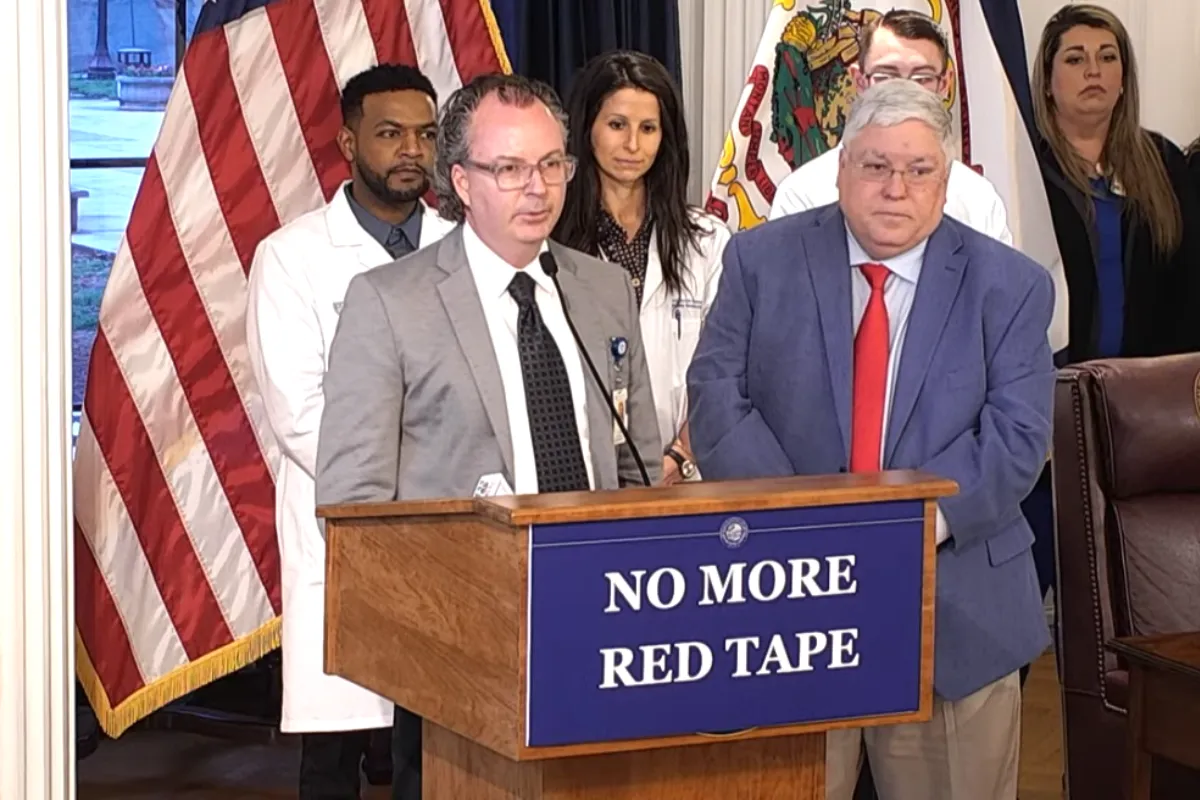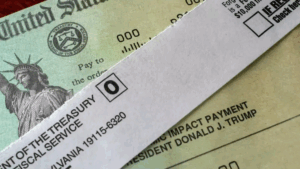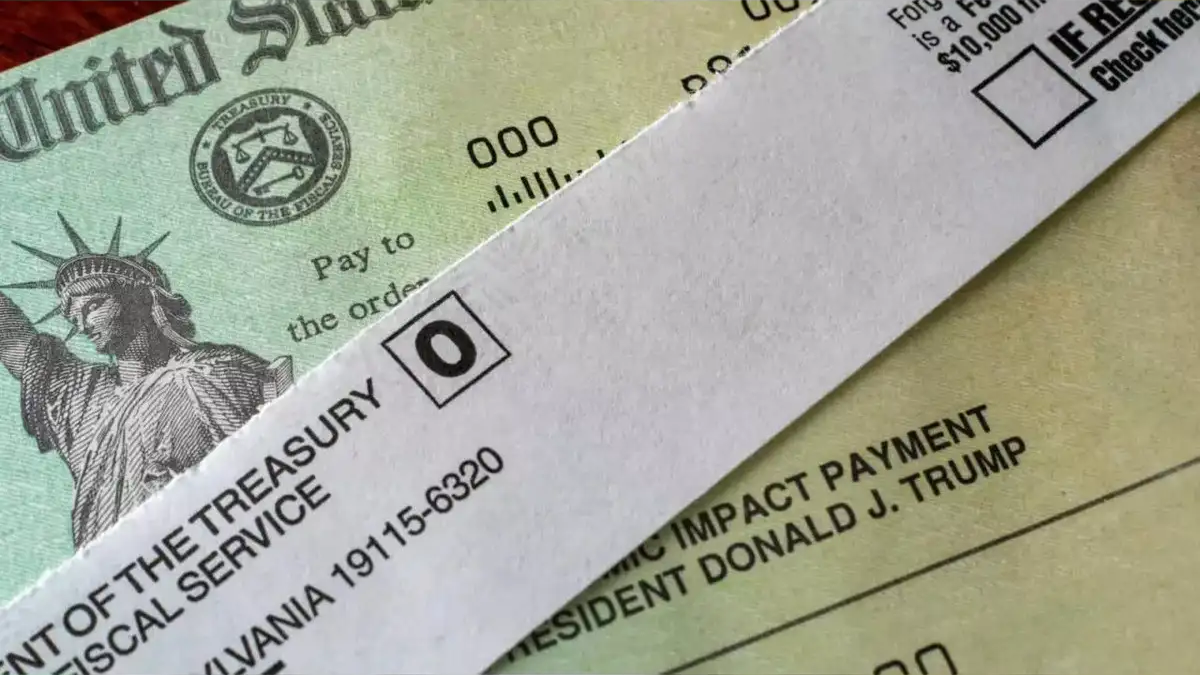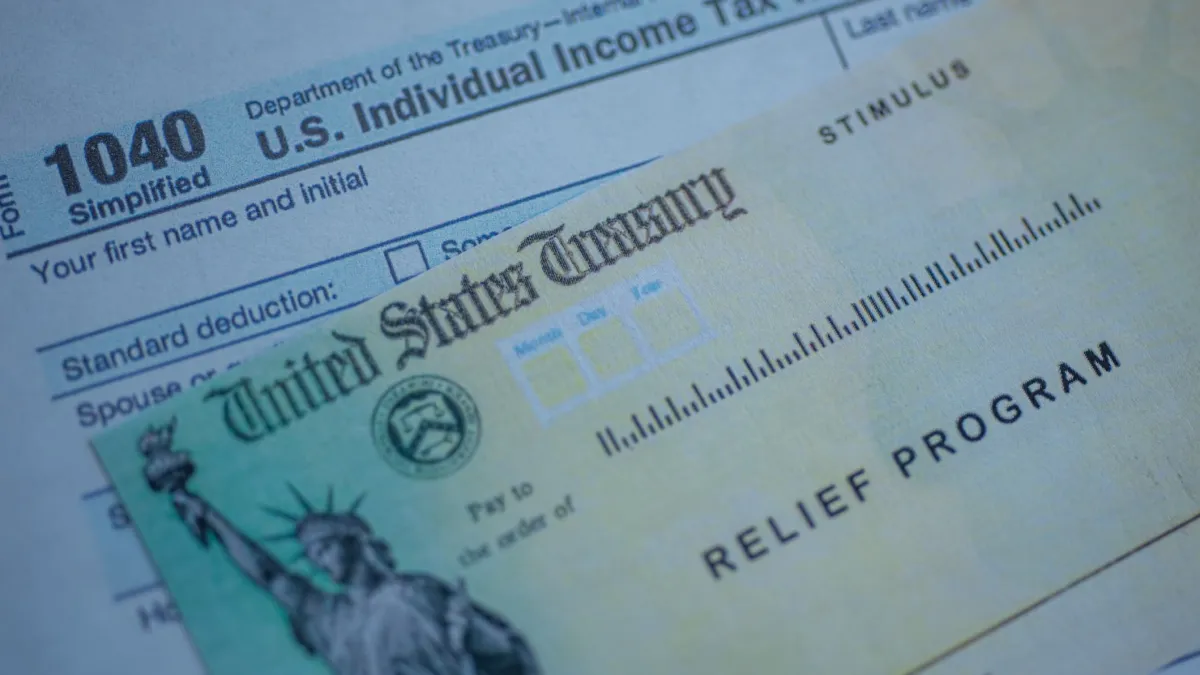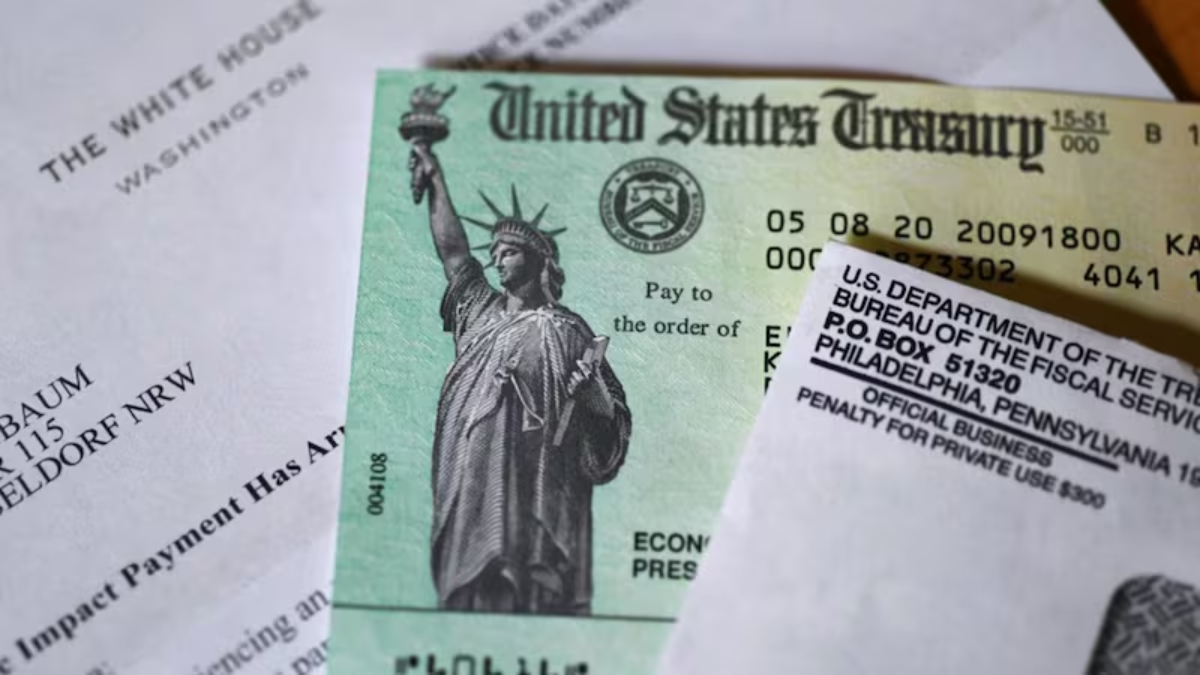Gov. Patrick Morrisey officially signed one of his top legislative priorities into law on Monday — a new act aimed at making it easier for professionals to transfer their occupational licenses when moving to West Virginia. At the same time, he urged lawmakers to support a separate bill that could turn the state into a hub for high-impact data centers.
Easing the Way for Professionals
The Universal Professional and Occupational Licensing Act (Senate Bill 458) passed the House of Delegates with unanimous support (97-0) and allows professionals licensed in other states to begin working in West Virginia more quickly.
“This is about reducing red tape and making West Virginia a more attractive place to live and work,” said Morrisey during a bill signing ceremony.
The new law allows license reciprocity for occupations governed by Chapter 30 of the State Code, provided the individual:
- Has held a valid license in another state for at least a year
- Is in good standing with no disciplinary history or criminal background
- Meets education and experience requirements
- Pays the appropriate West Virginia licensing fees
Military spouses will also benefit, and licensing boards may require exams on West Virginia-specific laws. However, the law does not apply to licenses to practice law or certain fields requiring background checks.
“This is a win for nurses, contractors, realtors, and many skilled professionals,” said Morrisey. “They can now get to work in West Virginia without unnecessary delays.”
Morrisey’s Bigger Vision: Microgrids and Tech Investment
While celebrating SB 458, Morrisey also urged the Senate to act on House Bill 2014, the Power Generation and Consumption Act, which aims to attract large-scale data centers to the state.
The bill proposes creating Certified Microgrids — localized energy sources that would support data centers with large power needs. To qualify, at least 60% of the electricity from a microgrid must be used by one or more data centers with a combined power load of at least 90 megawatts.
Key features of HB 2014:
- Limits only 10% of electricity from these microgrids to the wholesale market
- Protects ratepayers from covering the cost of the microgrid connections
- Requires utilities to maintain a 69% capacity factor for reliability
- Mandates 30-day coal reserves for coal-fired power plants
- Redirects new property tax revenue from these projects to a grid stabilization fund and other state-level funds
“This is a once-in-a-generation opportunity to put West Virginia on the map as a tech destination,” Morrisey said. “Data centers are looking for fast-track states, and we can be that place.”
Pushback from Lawmakers and Local Officials
While HB 2014 passed the House in an 88-12 vote, it has stalled in the Senate. Some lawmakers are raising concerns about how the bill could affect county tax revenue and electric bills.
Sen. Rupie Phillips (R-Logan) voiced concerns from his constituents, saying, “Mamaw can’t afford this. We need to think about our people before we greenlight this kind of development.”
County commissioners also worry that the new tax structure could redirect too much funding away from local governments, especially for infrastructure and school levies.
Morrisey defended the bill’s provisions: “We’ve included consumer protections. No one’s electric bill should go up because of this. This is about attracting new industries, not burdening West Virginians.”
Looking Ahead
With just days left in the legislative session, Morrisey remains hopeful the Senate will approve HB 2014, calling it potentially “the single biggest economic development bill” in recent West Virginia history.
By cutting red tape for skilled workers and pushing for forward-looking energy policy, Morrisey is betting big on a future where West Virginia becomes a destination for both people and technology.
